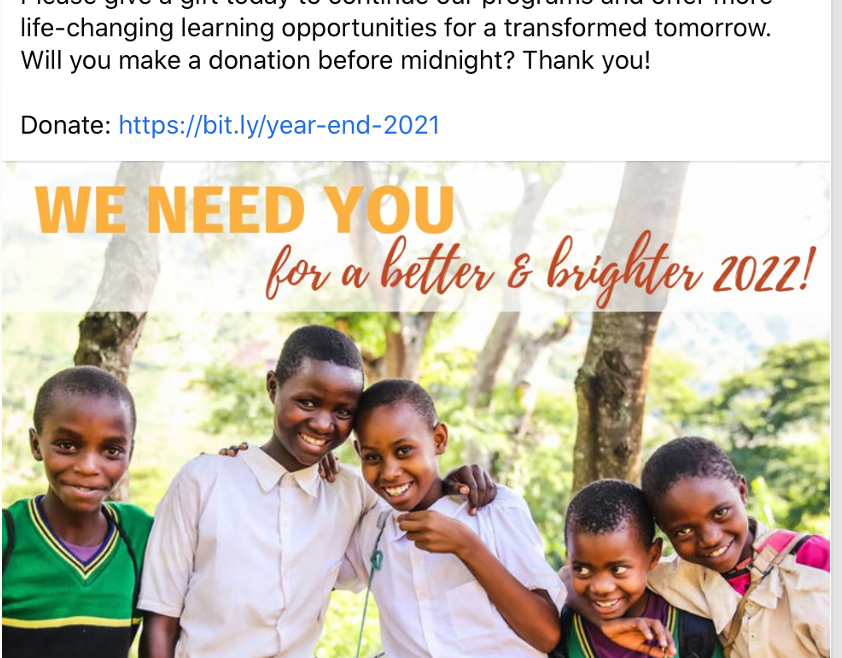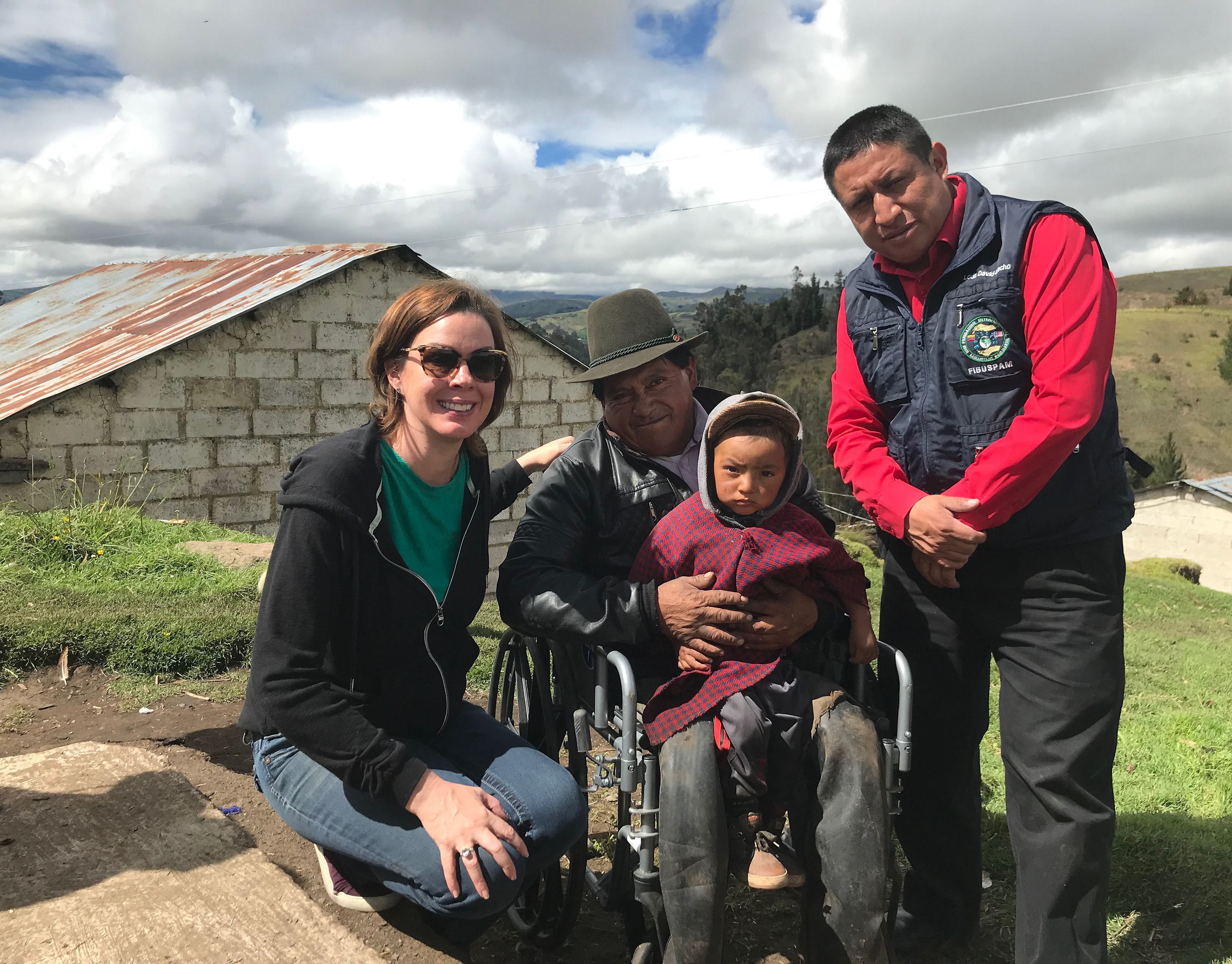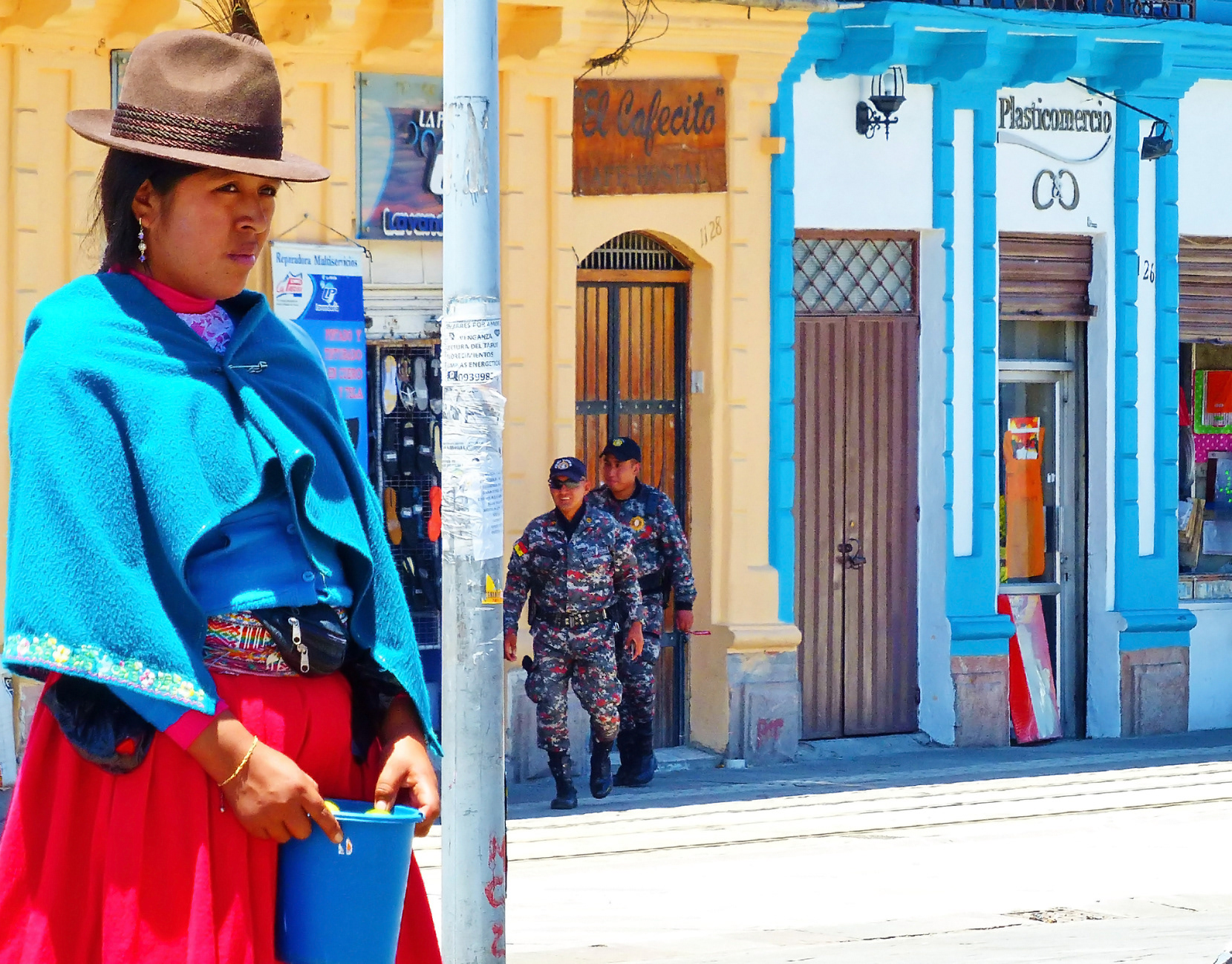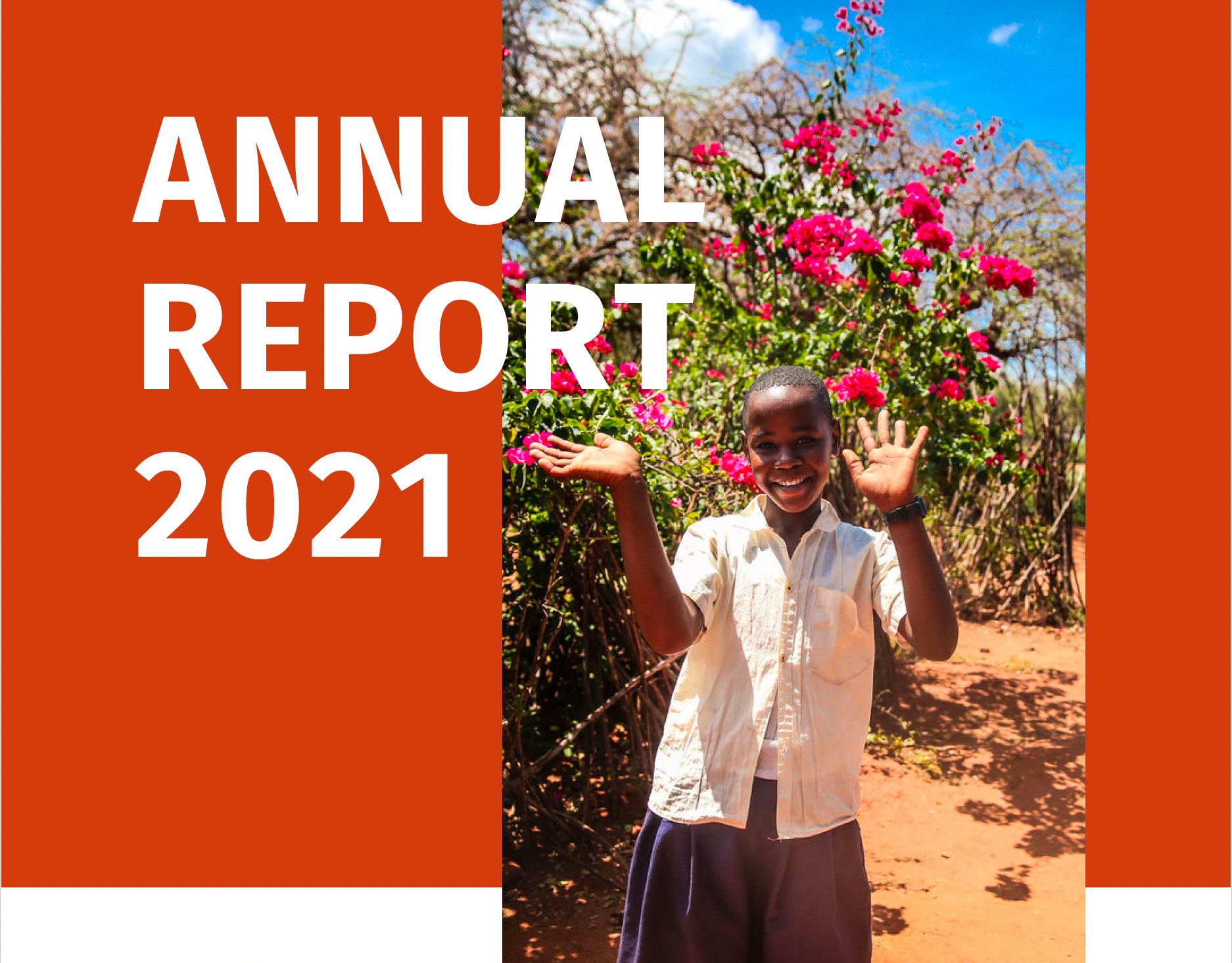Malaika Kids -Tanzania
Proposal Excerpt
Malaika Kids grew from the heart-warming efforts of a number of people in Dar es Salaam, Tanzania, who could no longer stand by and watch the needs of desperate orphans go unmet. The organization’s development can be traced back to when Malaika Kids Founder, Jamilla Manji- Koch visited her family home in 1998 after living in the Netherlands for many years. Jamilla found the house full of children that her mother, Najma Manji, had taken in from the street. Every day, Najma worked to help as many children as possible, enlisting the help of other women to pass out food and take children in need of medical attention to the hospital. The tragic consequences of the AIDS epidemic in Africa were everywhere in Dar es Salaam, and Jamilla found homeless children begging for money, eating garbage, and sleeping on the street.
For five years, Jamilla and her husband financially supported her mother’s efforts. However, upon adopting her nieces and nephews after her sisters died of AIDS, Najma had no more room in her house to shelter street children. With the devastating impact of HIV and AIDS hitting closer and closer to home, the decision to create Malaika Kids swiftly followed. In February 2004, the organization acquired a house in the city and prepared it to shelter the first of many children in need of a home. Malaika Kids is now a growing international organization with fundraising branches in the Netherlands, the UK and the United States supporting the efforts for expansion in Tanzania.
The facilitation of Malaika Kids’ international boards and funding efforts are coordinated entirely by volunteers. The organization has 501(c)(3) nonprofit status in the USA and charity status in the UK and Netherlands. Activities on the ground are managed by Najma Manji, Chief Executive of Malaika Kids Tanzania, with a full staff of passionate individuals contributing to the organization. Three programs are currently being implemented to save these children from their circumstances, they are: the national Relatives Support Program, the Children’s Reception Home in Dar es Salaam, and the Children’s Village in Mkuranga.
The first of our programs, the Relatives Support Program, is based on a core tenet of Tanzanian culture: the family unit is paramount. We strongly believe that growing up in a family-oriented home provides the best future for Tanzanian orphans. Consequently, we spend up to two years working to place a child in foster care with his or her relatives, provided the family dynamic is nurturing and supportive. Our outreach begins when government officers qualify vulnerable children as orphans and place them under the care of Malaika Kids. When we begin the process of locating relatives, children receive loving care and stability through our second program, the Children's Reception Home in Dar es Salaam.
Nurse Family Partnership
Proposal Excerpt
The National Service Office for Nurse-Family Partnership and Child First (NSO) hosts two evidence- based home visiting programs that primarily serve families disproportionately impacted by health inequities, poverty, toxic stress, and trauma. Both programs have extensive experience working directly with families to empower them to transform their lives and the lives of their children. The NSO’s national team – embedded in communities across the country – supports both programs with decades of expertise in nursing and mental health clinical practice, policy and government affairs, capacity building and scaling, marketing, data collection, research, and other services to serve a combined national network of more than 300 local program partners in 40 states, the U.S. Virgin Islands, and in several Tribal nations.
Nurse-Family Partnership (NFP) connects specially trained nurses to first-time parents early in the pregnancy and provides advice and support via home visits or tele-health as needed through the child’s second birthday. Nurses provide new parents with the confidence and tools they need to not only ensure a healthy start for their babies, but to also plan for and achieve stability for the whole family.
Nurse-Family Partnership creator David Olds, Ph.D., knew as a child that he wanted to help people. In the 1970’s, Dr. Olds began working at an inner-city daycare center after graduating from Johns Hopkins University. There, he cared for preschool aged children affected by the impacts of their parents’ struggles. He realized that the best way to create lasting change would be to reach the children as infants, or even before they were born. This realization led Dr. Olds to develop a program that created supportive relationships between trained nurses and first-time, at-risk mothers and birthing people. In randomized, controlled trials in Elmira, New York, Memphis, Tennessee and Denver, Colorado, Dr. Olds tested the Nurse-Family Partnership program for 35 years. Compelling evidence on the program’s cost-effectiveness, positive impact on birth and development outcomes, and improved economic self-sufficiency in mothers led to national replication of the model in 1996. In 2003, the National Service Office was officially created to facilitate Nurse-Family Partnership program and provide oversight for the national network of local implementation partners.
Since 1996, Nurse-Family Partnership has served over 366,500 families in the United States, the District of Columbia, the U.S. Virgin Islands, and many Tribal communities. Today, the network of almost 280 local partners operates in over 750 counties, spanning rural, urban, and suburban areas. These local partners are public and nonprofit entities, including state and county public health departments, community-based organizations, federally qualified health centers, managed care organizations, nursing associations, and hospitals and health systems.










